Why everyone needs a hobby
Summary
You won’t hear from me for the next few weeks, because I’ll be out practicing my hobby; i.e. photography. I believe everyone needs a hobby that they practice for its intrinsic value.
We needn’t quantify the value of our hobbies through extrinsic achievements. They can serve the simple purpose of keeping us happy.
Our hobbies and passions needn’t be our jobs. Jobs can instead fund our passions.
Having a passion outside work allows us to cultivate an alternate identity. This helps us become resilient to the vagaries of employment and to not define our self-worth only through our jobs.
Interests outside work also help us find new friends who share these interests. They can become part of your support-system outside work.
I want to tell you a few things about myself today. I grew up in India in the 1980s in a professional-class family. My father was a retired army officer who decided to be a mostly stay-at-home dad, while my mom worked as an officer in the military nursing service. Mum was one of nine sisters and three brothers. My dad grew up in a family of five brothers. While my father’s side of the family had access to decent education, my mother’s job was, for her, a ticket out of her rather backward village. My parents knew what a good job could do to one’s life.
Good jobs in India, however, were scarce in those days. However misguided that advice may seem today, my parents encouraged me to study hard and get good grades so I could succeed in the competition for those scarce jobs. They’d live their dreams through me. As many kids who grew up in my kind of family in India will remember, the advice for anything other than studies was consistent; “Study hard now; you’ll have time for everything else later”. People my age often joke that to “follow your passion”, you must first study to be an engineer!
So yes, I had hobbies and interests when growing up. I used to write plays back in the day. I could hold my own on stage as well. My friends and I loved building model aeroplanes. I even enjoyed singing. I wasn’t half-bad at playing a few sports. But of course, I was to study hard then, and I’d have time for everything else later. So I couldn’t stay the course for anything other than my courses!
The course I never took
My school shared a common wall with Alipore Zoo - India’s oldest zoological park. As a child, I found the zoo fascinating. It was my favourite place to visit, with anyone who’d come along. Only a narrow canal separated our colony from this massive park. Every night, I’d wait for the time when the bats that had made the zoo their home, would come flying towards our home. While most people find bats repulsive, I’d leave the balcony door open for them to fly through our apartment. This was, of course, unbeknownst to my parents.
But I got an even bigger thrill from bunking classes to go roam around in the zoo. That wall that separated the school and the zoo wasn’t tall. So on more than one occasion, I’d wait for the class teacher to record the day’s attendance in their register and as soon as I could find the opportunity, I’d cross our playfields, and jump across to the zoo. In those days, the Alipore Zoo had an impressive collection of predators. They’d also bred some hybrid big cats - notably a litigon - a cross between a tiger and a lion. My favourite animal at the time though, was the Aldabra tortoise they called Advaita. He was a huge, impressive creature and predated me by 220 years or thereabouts!
I never knew at the time that I was “passionate” about observing animals. Studies were the only thing I could be passionate about. And so, when I left school, I left that passion there. I did nothing spectacular in academics. An average student at best, I got myself a job in my early twenties. I joined Thoughtworks on the wrong side of my twenties and I’ve been there since.
Finding my passion. Again.
Newsflash. I reconnected with my interest in wildlife in 2006/ 2007. By then I had some autonomy in the way I’d spend my time. I realised I experience great joy in observing natural history - wild animals in their habitat. Photography gave me a way to relive my favourite moments in the woods and to cherish them for years after. Over the years, photography has become a huge part of my identity. If you’re curious to know about this side of me, I encourage you to check out my photography website.
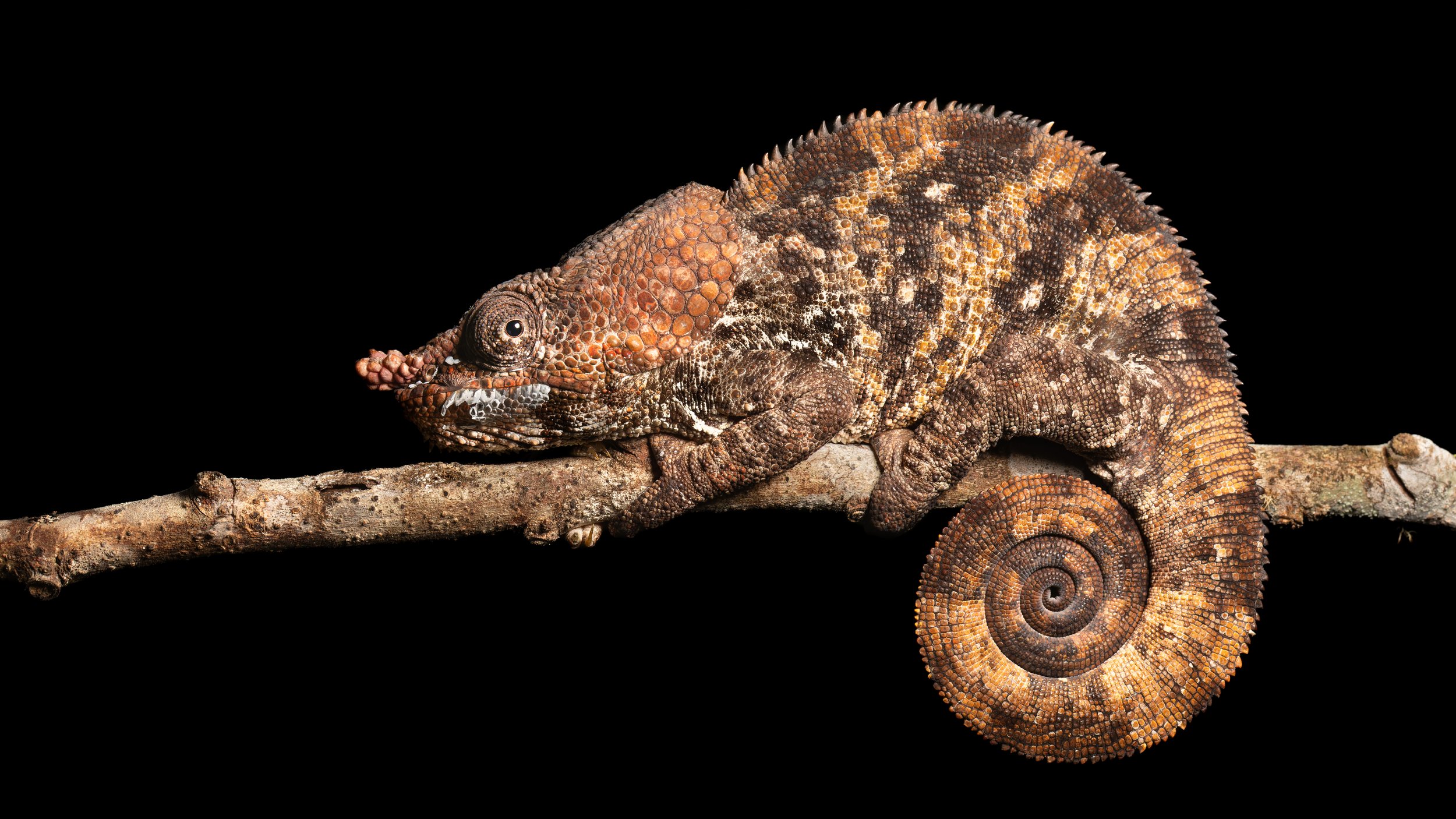
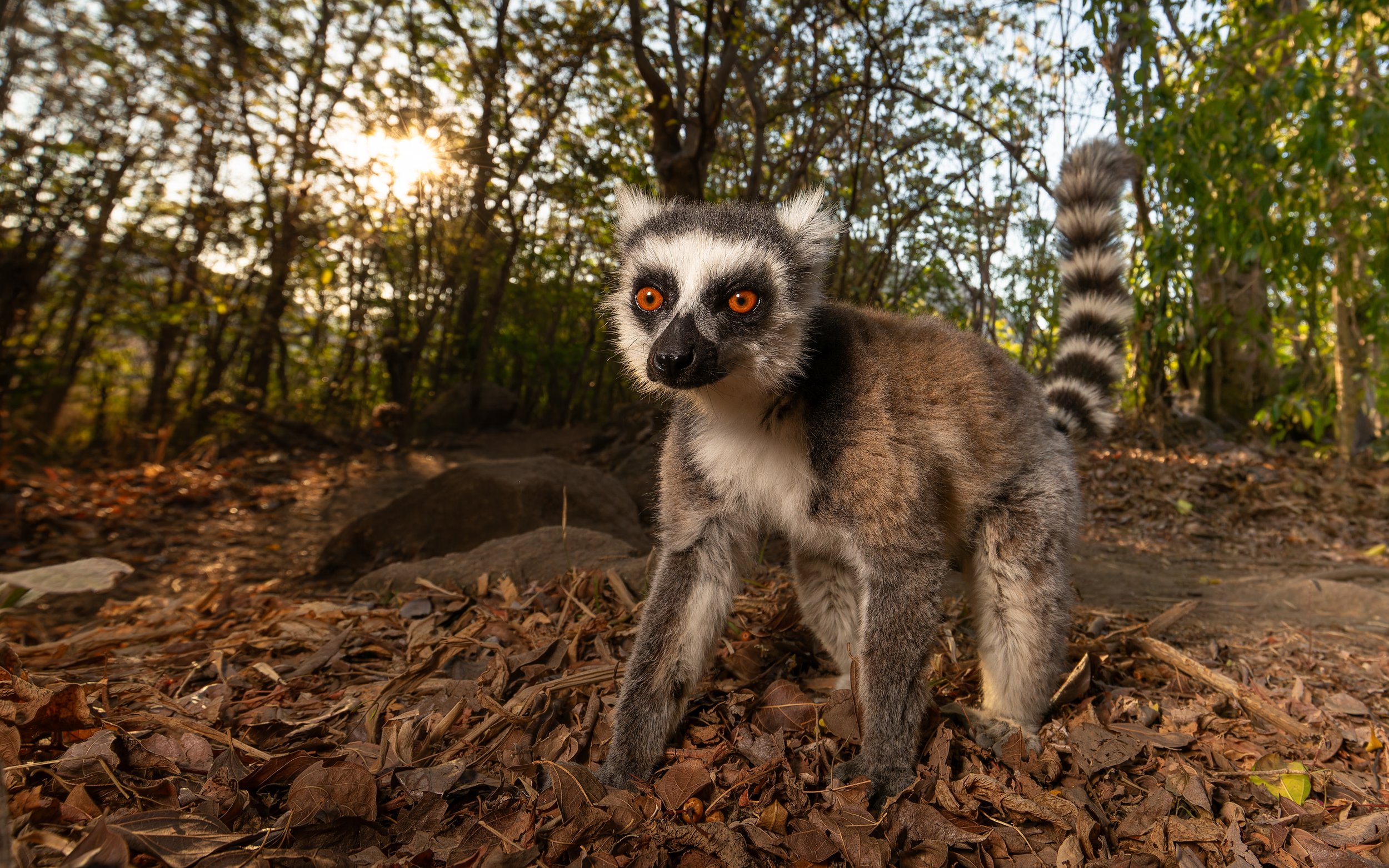
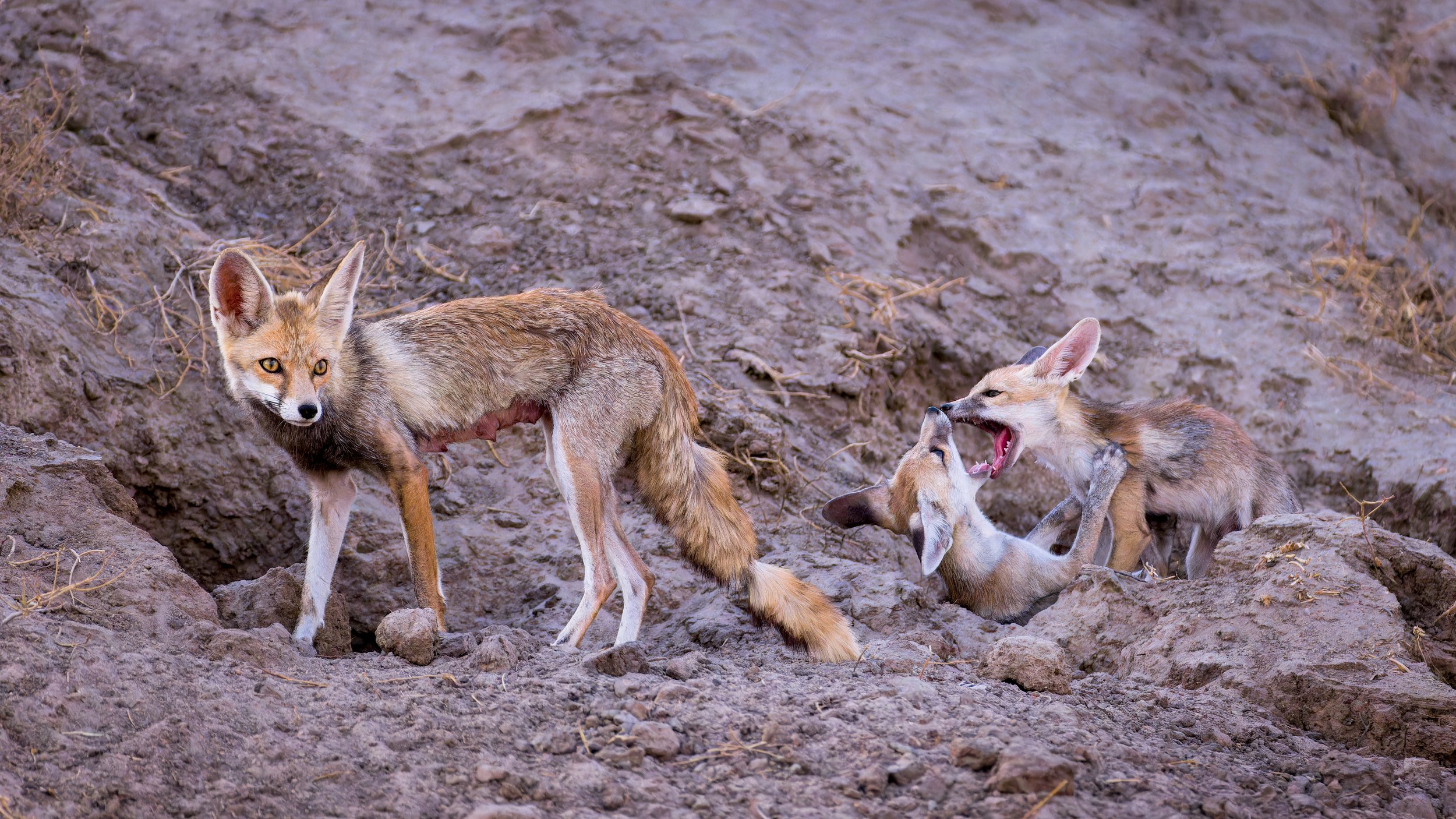
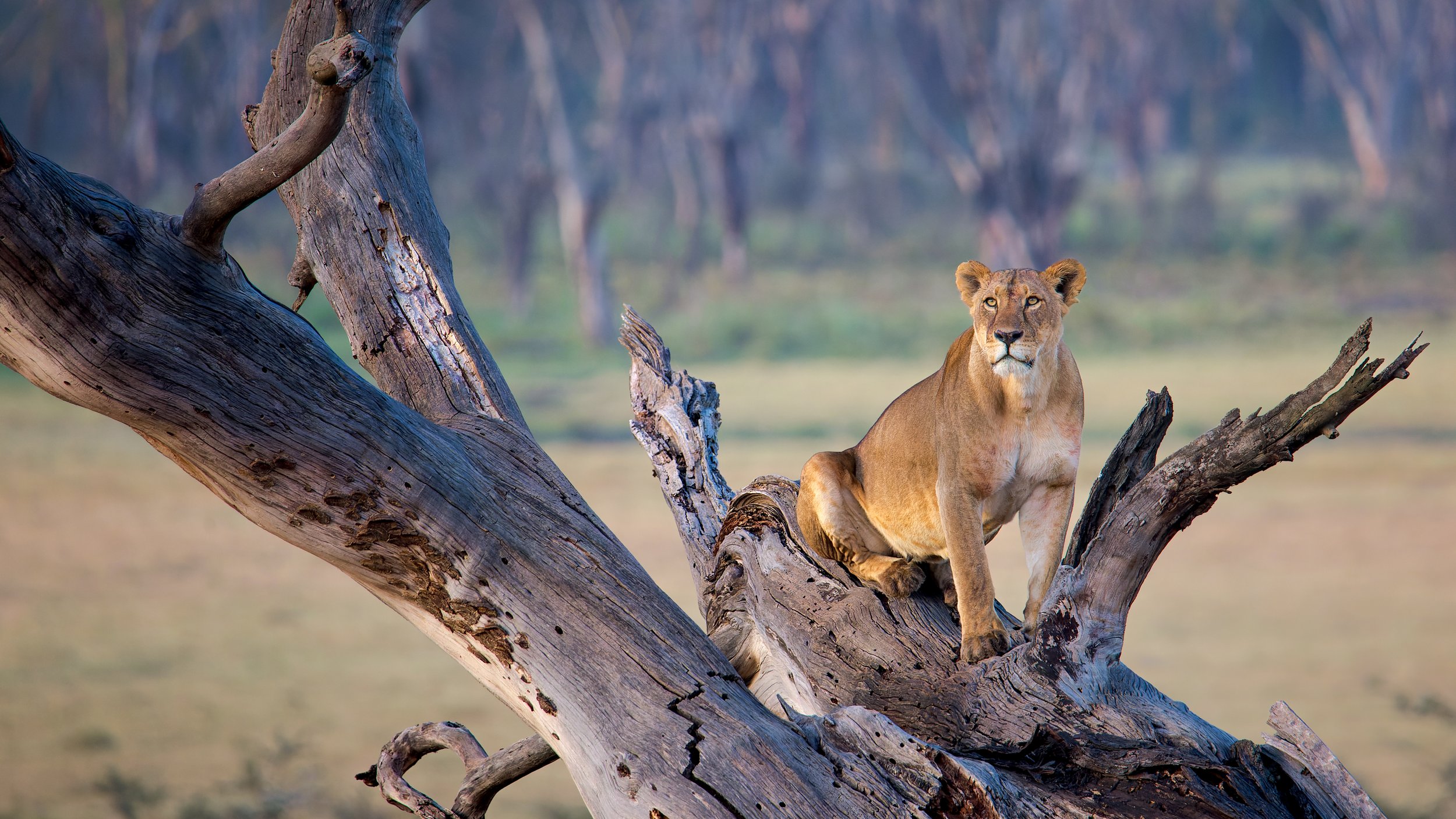
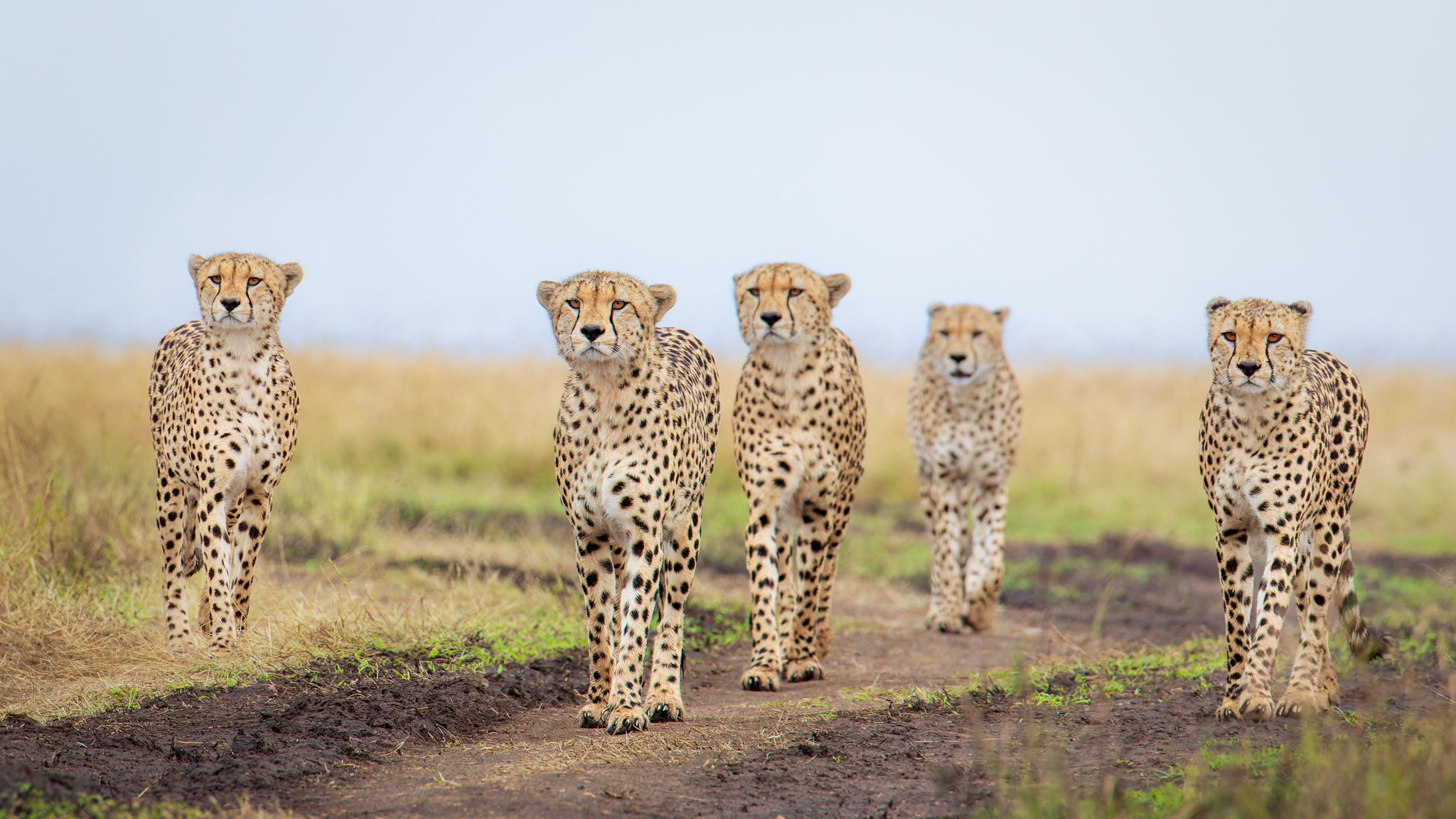
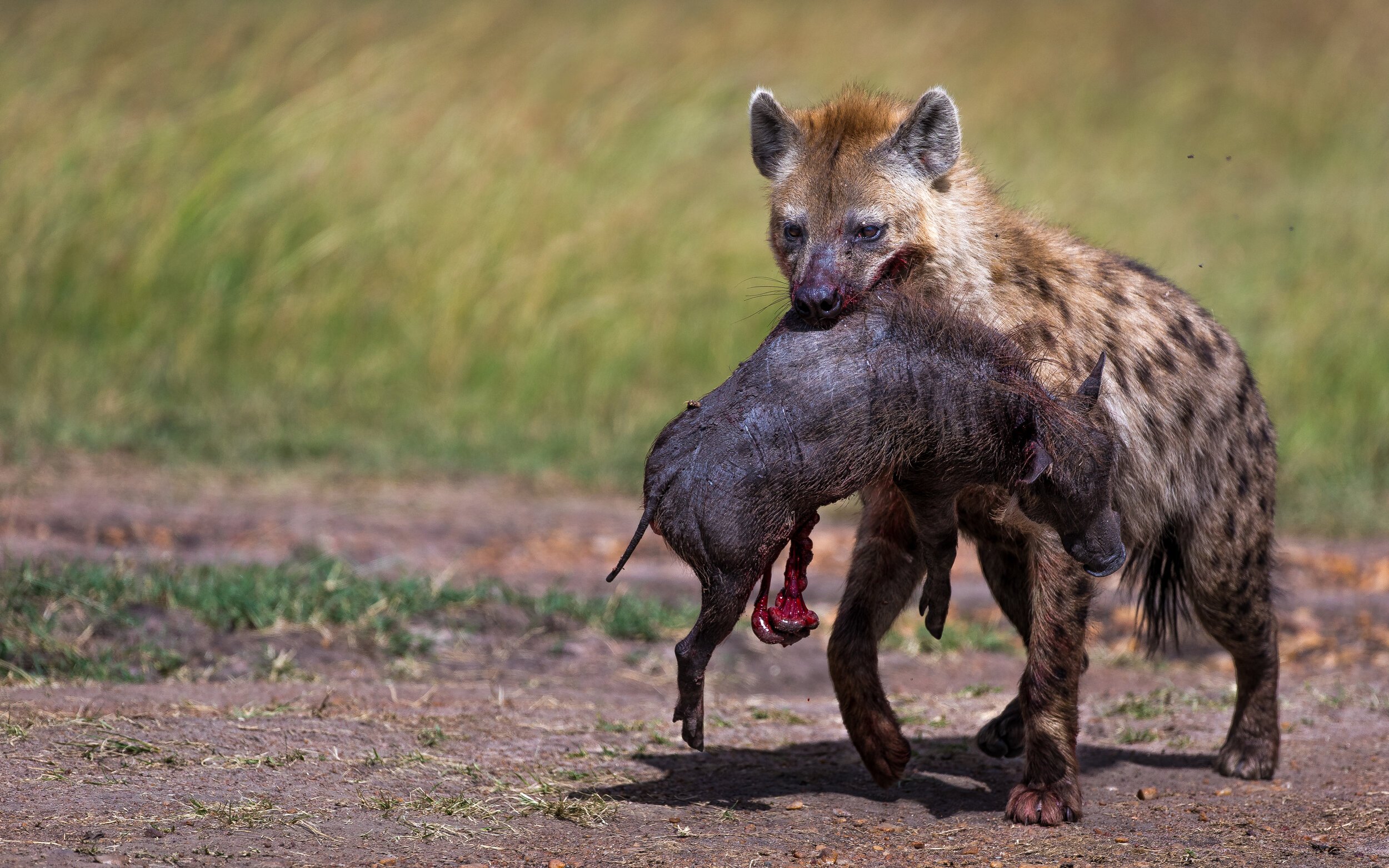
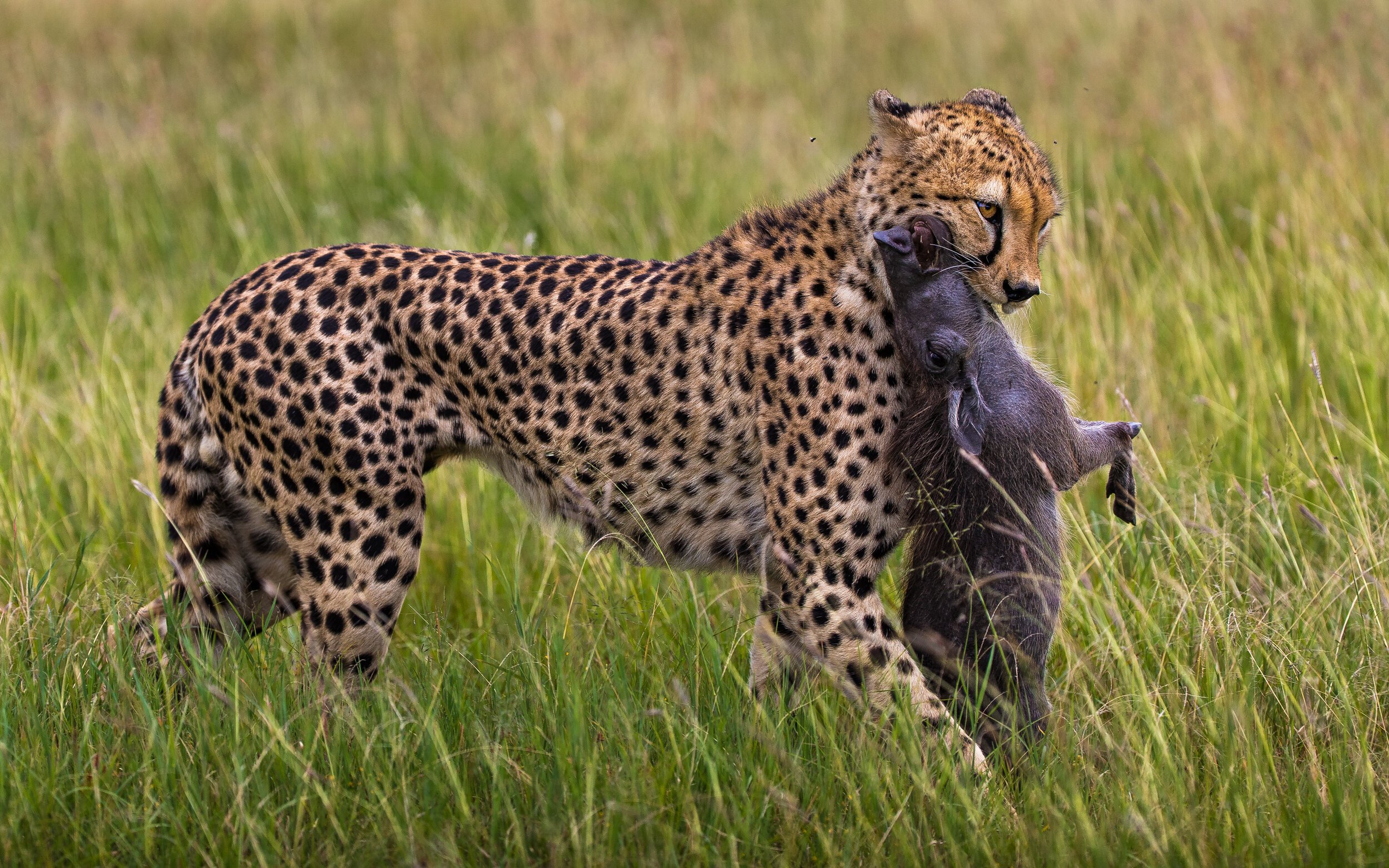
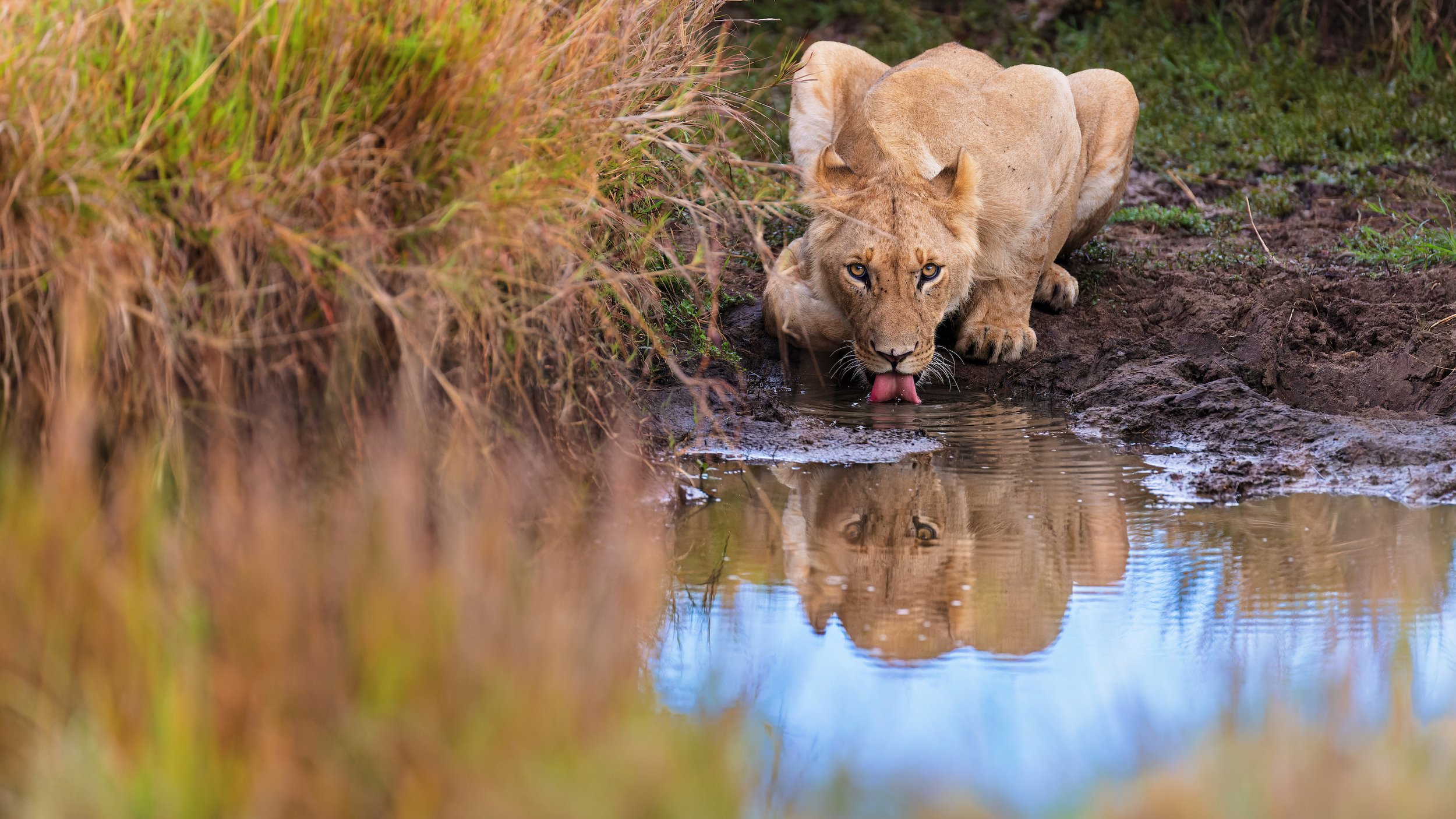
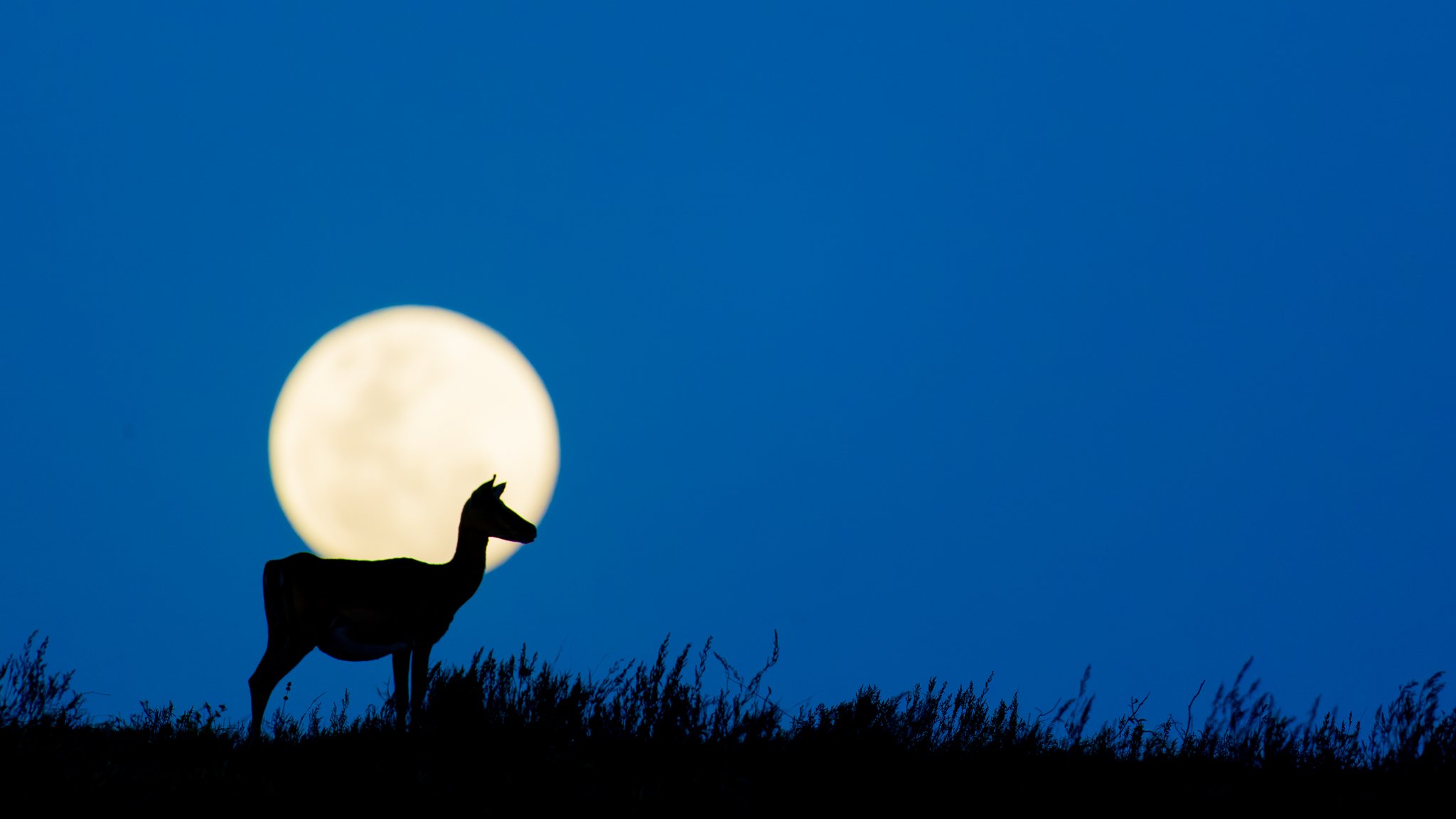
In the early days of practising photography, I looked back at my childhood with some regret. You’ve probably heard the saying, “Do what you love doing and you’ll not have a single working day in your life.” I’d often think of what could have been, if I’d followed my passion for wildlife and taken up a career as a wildlife photographer.
Your passion needn’t be your job
I realise now, that I was a bit naïve to think that way. Doing what you love will mean you’ll not have a single working day in your life, but it’ll also mean that you don’t have a single holiday. Doing anything without pauses is the surest way to fall out of love with it. For one, wildlife photography itself doesn’t pay you anything in a country like India. And it’s a high investment activity. You must buy or rent expensive equipment. Travel is often essential unless you enjoy the niche of photographing urban wildlife. So how do you pay the bills?
To make a living as a wildlife photographer in my country, you have to do things that are not photography. For example, you can run workshops where you teach other people how to make decent images. You can organise tours, and take people to exotic destinations, where they have the chance to practise their photography skills. All this is time away from the thing you love - spending quiet time in nature and making images.
There’s another problem. It’s in the values I grew up with. When I was a child, it wasn’t enough to do anything because it had value in and of itself. It had to lead up to something else; something visible and extrinsic. Passionate as I was about photography, I grappled with the question, “What’s all this leading up to?” My professional class upbringing wanted me to have a badge to justify this indulgence.
So I started entering my photos into contests. I tried to build a social media following. To cut a long story short, all this only increased my anxiety. The thing that made me happy was now a source of stress. You’ll understand that I was applying the rules of professional success to a personal interest. I had to instead, practice photography for photography’s sake.
Workism clouds our thinking
In 2019, Derek Thompson coined the term “workism”. I’ve referenced him before but in the interest of a coherent article, let me again quote his definition of the term.
“It is the belief that work is not only necessary to economic production but also the centrepiece of one’s identity and life’s purpose; and the belief that any policy to promote human welfare must always encourage more work.”
The cult of workism is all-pervasive today. Thompson argues it rests on a system of three pillars.
Work as a substitute for religion. We often turn to work to provide the same sense of purpose, meaning, and community that religion did in the past.
Work as a measure of self-worth. In a society that values productivity and achievement, we often define ourselves by our jobs.
Work as a path to happiness. Many of us believe that having a fulfilling and successful career is essential to a happy life.
I’ve been a part of this cult, so I can’t scoff at anyone who’s part of it today. The trouble with seeking purpose, meaning, community, happiness and self-worth from work, is that it’s the equivalent of putting all your eggs in one basket. Our jobs are economic contracts to begin with and like all economic contracts, there are good ones and bad ones. There are also good economic contracts that turn bad. What happens to your sense of happiness and self-worth when you have a bad contract?
The other problem with workism is that it forces us, as Steve Jobs famously said, to “find what you love”. To “keep looking” and to “never settle”. For many of us, this ends up being a fool’s errand. Even with the biggest of booms, there aren’t enough jobs for everyone to find what they love and get a paycheck in return for it. And if you haven’t noticed, we’re in a bust cycle.
Over the last few years, I’ve been thinking about reframing my relationship with work. During this year, I've developed that line of thinking further. Maybe I needn’t be “passionate” about work. Does it have to be a source of purpose and fulfilment? Can it merely be, you know, a job?
“Work will always be work. Some people work doing what they love. Other people work so that they can do what they love when they’re not working. Neither is more noble.” - Anis Mojgani.
When work can fund our passion instead
We spend a third of our waking hours working. Monday to Friday. For about 230 days a year. That’s a lot of time at work. It’s not odd if we want to enjoy that time. It’s also not odd to cultivate friendships at work. But there’s also some value in seeking diversity - of pursuits and relationships.
Having a passion outside work, allows us to create that diversity of pursuits. In my case, one of the biggest features of my work is that it allows me to travel in a way that I couldn’t when I was a younger person. I can also afford to be a wildlife photographer. My job affords me the time and space to be a hands-on parent. I’m not just a product manager. When things go wrong at work, as they inevitably do from time to time, I have other ways to seek happiness and a sense of self-worth.
“We should diversify our identities because doing so allows us to be more well-rounded people. It allows us to contribute to the world in different ways and to develop a sense of self-worth beyond the economic value we produce.” - Simone Stolzoff, The Good Enough Job
The other benefit is that my hobby has helped me find friends for life. These are the people I can be friends with, regardless of where I work and what I do. These people share my interests - time out in the wild, photography, even sports and politics. While the past few years have been instructive about the fragility of life, this network of real-life friends makes me feel like I have a support system outside work.
Some years back, I was allowing work to spill into my weekends and after-hours. The cost of neglecting rest, recreation and family, was the price I paid for being “passionate” about work. Unsurprisingly, I took the same workist mindset to my hobby as well. As I mentioned earlier, it wasn’t enough to be happy with a camera in hand. External validation had to justify the whole exercise.
It’s only in recent years that I’ve done a hard reset on these dysfunctions of my life. I don’t post photos on Instagram or Facebook anymore. The stress of short-listing images for contests and then awaiting the results doesn’t work for me either. So only I photograph because I enjoy the activity. When I find time, I compile my work into little projects on my website. The lack of traffic doesn’t bother me. I do this for myself because I can afford to.
And that’s helped me realise the function of work in my life. I enjoy my job on most days. But on days when work sucks, I can take the rough with the smooth. My work funds my passion. And that’s good enough.
If you’ve lost touch with something you’re interested in, and work fills up most of your time, I urge you to reconsider how you divide your time. Our value systems may differ, so I can’t expect you to think like me. That said, consider what diversifying your identity and relationships can do for you. That way, if your job doesn’t meet your expectations someday, something or someone else can still make you smile!
By the way, I’ll be off for a couple of weeks to my favourite place in the world - the Maasai Mara. I have no intention of doing anything other than photography during this time. So you won’t see any posts on this website until early November. I know the world won’t come to a standstill without my weekly posts, but I thought I should let you know.

